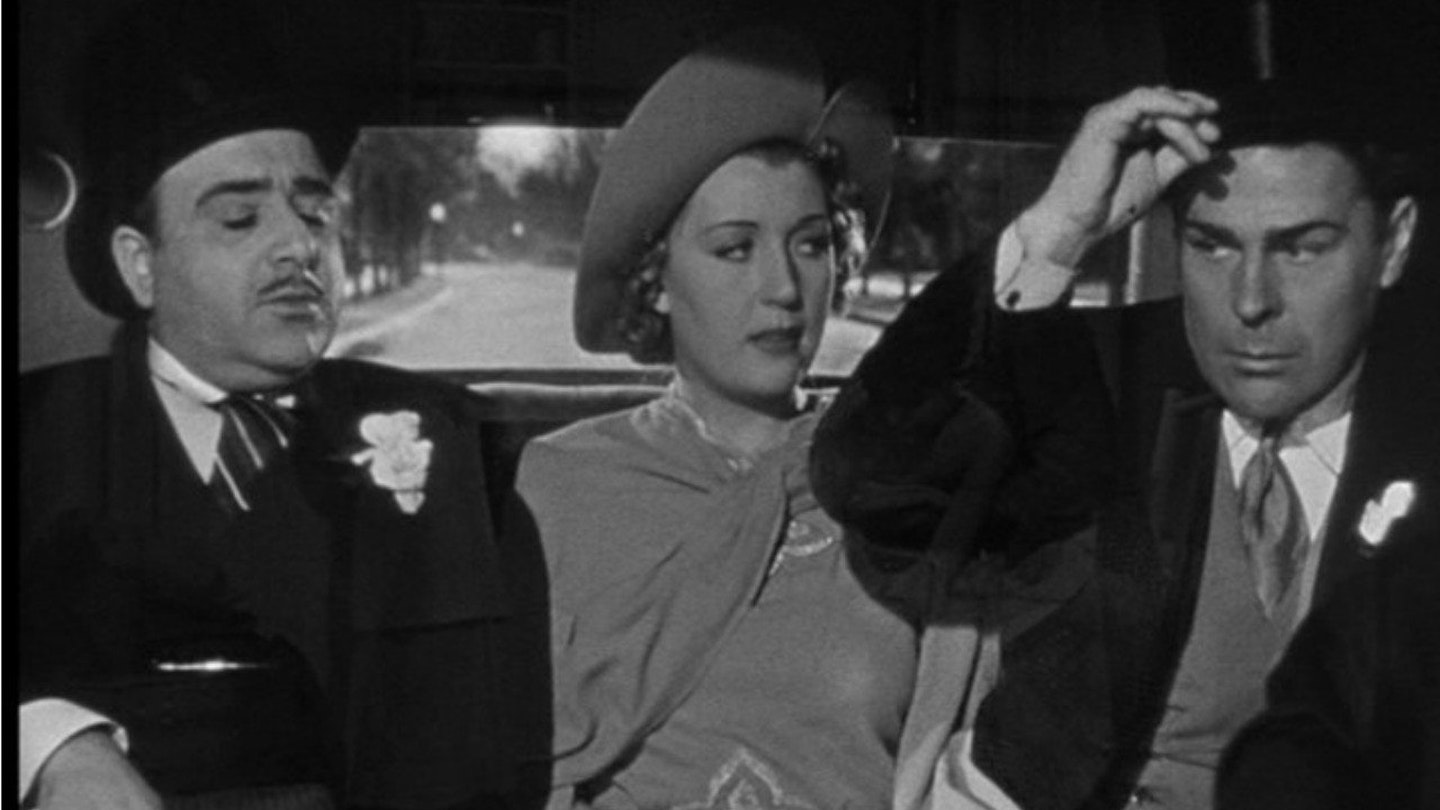Few film-makers have struck a patch as purple as the one that Preston Sturges enjoyed between 1940-44. The pictures he produced in this period became the benchmark for American screen comedy and provided the link between the sophisticated conceits of Ernst Lubitsch and the tougher societal swipes aimed by another German emigré, Billy Wilder. So, it should come as no surprise to learn either that Sturges spent part of his youth in Europe or that he was given the latitude to launch his acerbic assault on the American Dream by the most transatlantic of all Hollywood studios, Paramount.
In 1941, Sturges won the inaugural Oscar for Best Original Screenplay for this directorial debut. On accepting, he apologised for his own absence and announced that he was happy to collect the award on Mr Sturges's behalf. He later regretted his flippancy, but it was a suitable way to receive an accolade for a script that was anything but original, as it had begun life as The Vagrant back in 1933 - the same year in which he broke through as a Hollywood scenarist with another exposé of graft in high places, The Power and the Glory. Sturges had then spent the remainder of the decade urging Paramount to produce the script and they finally agreed when he offered to sell it for just $10, on the proviso that he also directed.
Considering that the studio only gave him a budget of $35,000 and a three-week shooting schedule, the film's trenchant wit and visual subtlety are nigh on miraculous. Brian Donlevy's rise and fall is charted with a sagacious mix of silent clowing and scorching wisecracks, which were delivered with stinging precision by the likes of William Demarest, Harry Rosenthal, Frank Moran, Jimmy Conlin and Robert Warwick, who would become key members of Sturges's stock company.
Sturges would improve considerably as a director. But, this comic Kane has lost little of its venom. Indeed, in an era of floating chads, its message is more relevant than ever.
